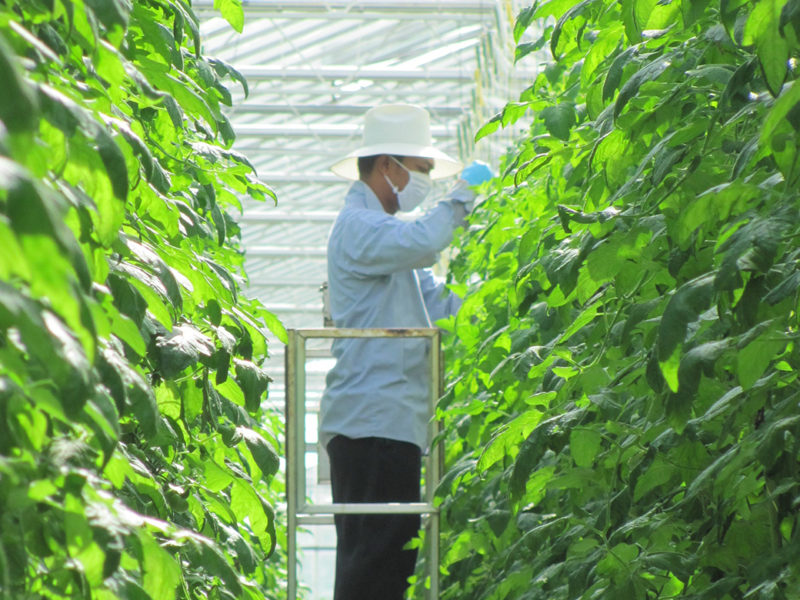Seasonal workers and farm businesses continue to benefit from the province’s publicly funded quarantine program, which covers the cost of meals and accommodations for incoming foreign workers during their mandatory self-isolation period.
The program remains in place despite a federal requirement since January 7 for all international arrivals to test negative for COVID-19 prior to boarding a flight.
Recognizing the burden this could place on in-bound seasonal workers, arrivals from Mexico, the Caribbean and several other countries in the Americas were allowed to use the results of tests conducted within 96 hours (four days) of departure.
However, the standard rule of 72 hours (three days) now applies to all travellers save those from Barbadoes, the Bahamas and Dominican Republic. The final exceptions expire January 21.
The implementation of the new requirement with just 24 hours notice prevented several workers from coming to Canada. However, the majority have been landing with little delay.
Nevertheless, the province announced this week that 14 seasonal workers have tested positive for COVID-19 since the beginning of January. Of these, five have been cleared to work on farms while nine remain in isolation pending negative test results.
“Had we not had the self-isolation program in place, these workers would have gone to separate farms and posed a transmission risk to other farm workers, possibly causing multiple different community outbreaks,” the BC Ministry of Agriculture, Food and Fisheries said in a statement to Country Life in BC.
While no community outbreaks were associated with farms last year, surging case counts in BC over the holidays as well as in provinces across Canada have put authorities and communities on edge. Several jurisdictions have enacted strict lockdowns, including curfews, to curb the pandemic’s second wave. The measures have disrupted supply chains and businesses as people’s patience with restrictions wears thin.
BC has seen few of the restrictions seen elsewhere, even as daily case counts surged above levels seen during the first wave of the pandemic. The number of new cases reported daily is now nearly half what it was on November 27, when 911 cases were reported.
“We have been able to help preserve our province’s food supply by ensuring local food continues to be grown and harvested throughout the pandemic,” the ministry said of its quarantine program, which has cost in excess of $10 million. “The program is regarded as best practice by other jurisdictions and the province is continuing with the self-isolation program for 2021 without significant changes.”


 Seedy Sunday goes seedless
Seedy Sunday goes seedless